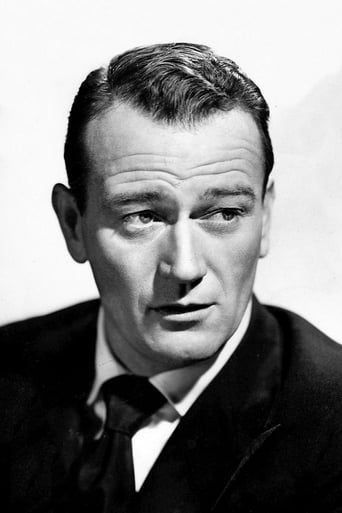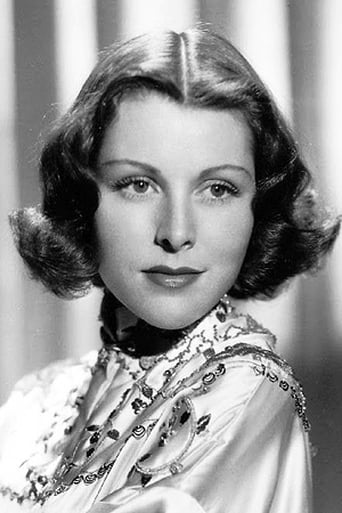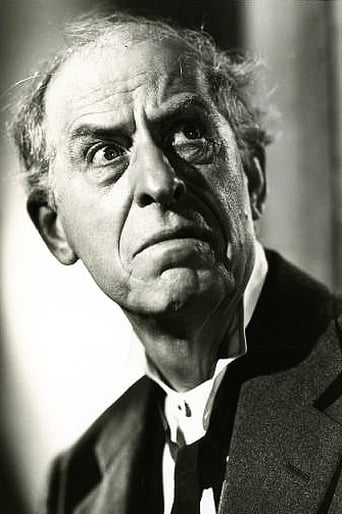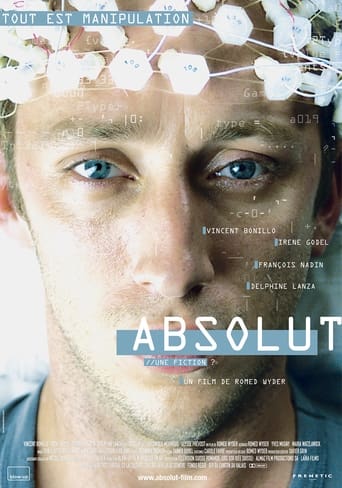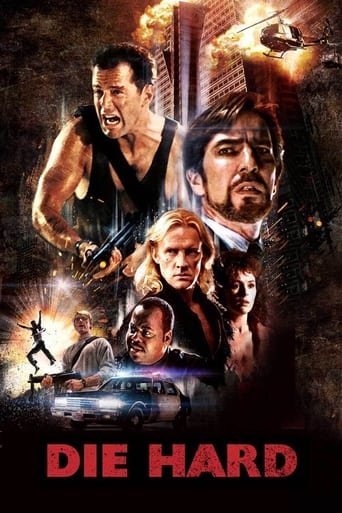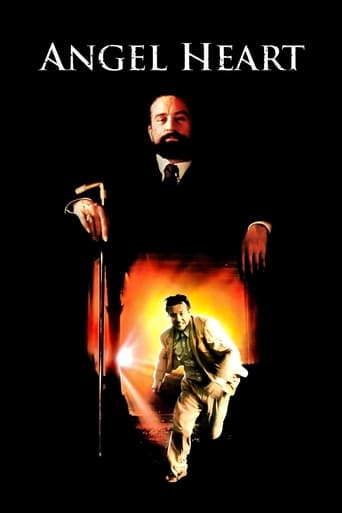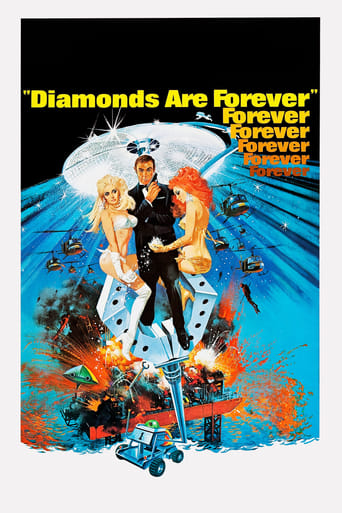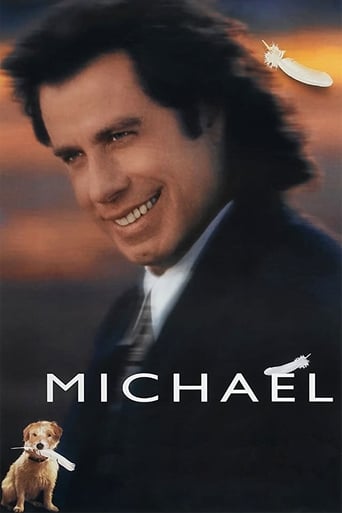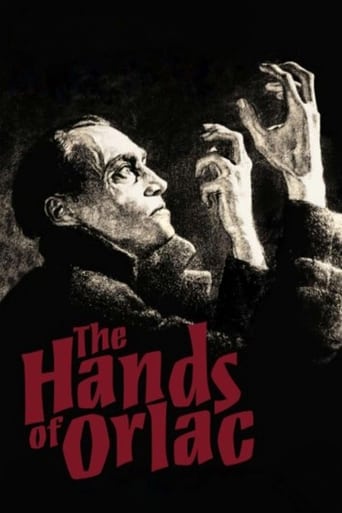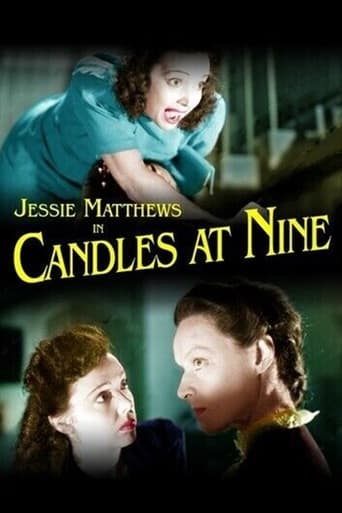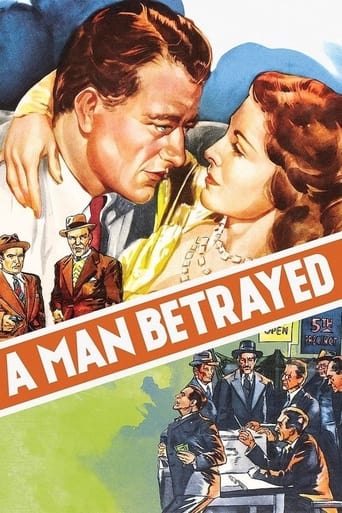
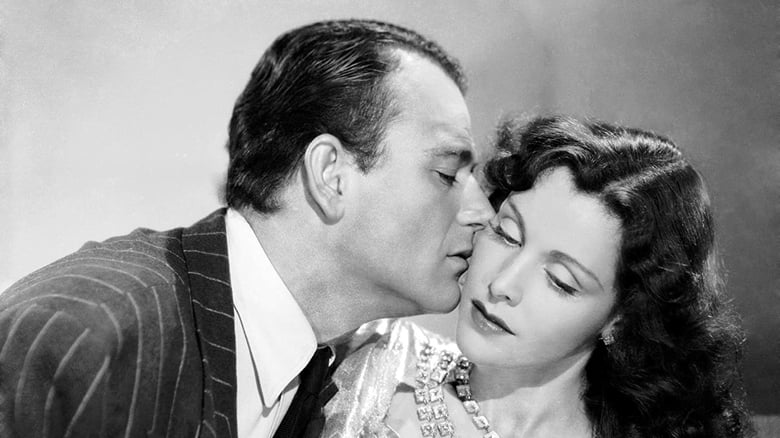
A Man Betrayed (1941)
Bucolic lawyer John Wayne takes on big-city corruption in A Man Betrayed. He sets out to prove that an above-suspicion politician (Edward Ellis) is actually a crook. The price of integrity is sweet in this instance, since Wayne happens to be in love with the politician's daughter (Frances Dee).
Watch Trailer
Cast


Similar titles
Reviews
As Good As It Gets
It's entirely possible that sending the audience out feeling lousy was intentional
This is a small, humorous movie in some ways, but it has a huge heart. What a nice experience.
Blistering performances.
Genial small town lawyer (John Wayne) comes to the big city to investigate the murder of his friend and begins to suspect a crooked political boss (Edward Ellis) while dating the boss's daughter (Frances Dee). Curious role for Wayne in this oddball B crime picture from Republic. The script does him no favors. I swear every other line of his seems to begin "back home..." followed by a less-than-funny anecdote about some bumpkin. There's country and then there's an urbanite's impersonation of country. This feels like the latter. Ellis is good as the political boss with a soft spot for his daughter. Frances Dee is fine but has no real chemistry with Duke. Harold Huber is amusing as the arrogant candidate Ellis is pushing. Ward Bond has one of his most embarrassing roles as a simple-minded goon with a pickpocketing habit. He goes full Lenny here. He and Duke have a fight scene among that old Hollywood favorite: stacks of empty cardboard boxes. Wallace Ford is wasted in a small part. It's a strange picture, with an awkward mix of comedy and drama, and a bizarre ending that almost defies the production code as the lawbreaking villain isn't really punished. One final, completely irrelevant (to anyone but me) note: Joseph Crehan plays a newspaper editor with a few scenes. In his final scene, he's gushing over this new farming gadget he's bought. It's a nifty little thing that looks like a child's wagon with some junk added on. I wonder if that was a real device or a prop created for the film?
Well here's a John Wayne film you probably never heard of and it actually turned out fairly entertaining in my estimation. For old time movie fans there are a wealth of references to other pictures but you have to be paying attention. My summary quote was spoken by the picture's understated heavy Tom Cameron (Edward Ellis), and it immediately brought to mind the 1936 film "Bullets or Ballots" starring Edward G. Robinson with an assist from Humphrey Bogart. Cameron's right hand man, portrayed by Ward Bond, seemed to be modeled on Lon Chaney's Lennie character in "Of Mice and Men", another film preceding this one by a couple of years. I was a little baffled by that in as much as Cameron seemed to be running a pretty tight political machine and Floyd the Spider (Bond) seemed like a loose cannon most of the time.There was another cool scene right after Lynn Hollister's (Wayne) impromptu radio pitch for the Cameron political organization which he did with feigned sincerity. Outside the station, a waiting doorman proclaimed to Hollister and Sabra Cameron (Frances Dee) that "It was pretty good, but I still prefer Gene Autry". Autry was going great guns for Republic Pictures at the time, so it made a lot of sense for them to plug one of their main stars. Interestingly, while Wayne's character manhandled his female co-star by placing a checkered tablecloth over her head and popping her over his shoulder, Autry put a leading lady over his knee for a spanking in at least a couple of his Westerns.Another reason I can chalk up for enjoying this picture had to do with the place names. There really is a Spring Valley located about thirty miles north of New York City, that being Hollister's home town. Not far from Tarrytown actually, mentioned by Marlon Brando in "On the Waterfront", a place he didn't like because the crickets made him nervous. Both locations today are a far cry from being small country towns, much like Newburgh, where the editor of The Globe was about ready to retire to and grow the biggest asters. Newburgh was actually named America's best small town in 1960, but you wouldn't know that today either.Played with about equal parts drama and light humor, I see the movie doesn't resonate a whole lot with other viewers here so I guess I'm a little outside the mainstream on this one. But like I say, it was some of the little things that kept me focused on the story besides the main idea of election tampering that eventually brought down the corrupt politicians with Hollister's help and Boss Cameron's sudden change of heart and mind.
One wonders how the script came to be written.Wayne and the other performers do an OK job but as it is neither comedy, romantic thriller or anything else it is all rather disappointing.One feels as if one of the threads had been pursued it could have been something worthwhile. It is nonetheless interesting to see a real turkey of a story made just before the USA became directly involved with the war. I wonder if the surrounding politics had something to do with trying to make a movie for all tastes but ending up with something that pleases no one.Nonetheless it has historical value.
Lawyer John Wayne's friend, a high school basketball star from his town, is shot down and then run over by a car. The death is declared a suicide by the local coroner. Wayne goes to the big city to investigate.Wayne's directed to see Edward Ellis who is the local political boss and of course the Duke falls big time for Ellis's daughter Frances Dee. Never mind he's got a job to do, even if it costs him Dee.This was John Wayne's one and only attempt at playing a crusader type, a scaled down version of Jefferson Smith. Ellis is a combination of the characters played by Edward Arnold and Claude Rains in Mr. Smith Goes to Washington and Dee combines both Jean Arthur and Astrid Allwyn. I'd say the results were mixed. Perhaps with a better script at a larger studio with more production values, Wayne might have done more with the part.As it is there are some nice John Wayne style fight scenes in A Man Betrayed, a couple with Ward Bond, and a king sized brawl outside a polling place where Ellis is bringing in repeaters from his sponsored soup kitchens. Machine politics, American style. Hopefully none of those countries where we're crusading for democracy ever sees this film.Ward Bond plays the moronic brother of Alexander Granach, owner of the red light district club where Wayne's friend was killed in. His performance while good, was a carbon copy of Lon Chaney, Jr.'s from Of Mice and Men. I expected him to ask Granach about the bunny rabbits any minute.At this phase of Wayne's career, Republic was casting him in a variety of parts to broaden his casting potential in the wake of his success with Stagecoach. Herbert J. Yates of Republic films was making almost as much money loaning Wayne out as in his own films and he was trying to make him more marketable. He didn't succeed with A Man Betrayed, but it wasn't the Duke's fault by any means.


